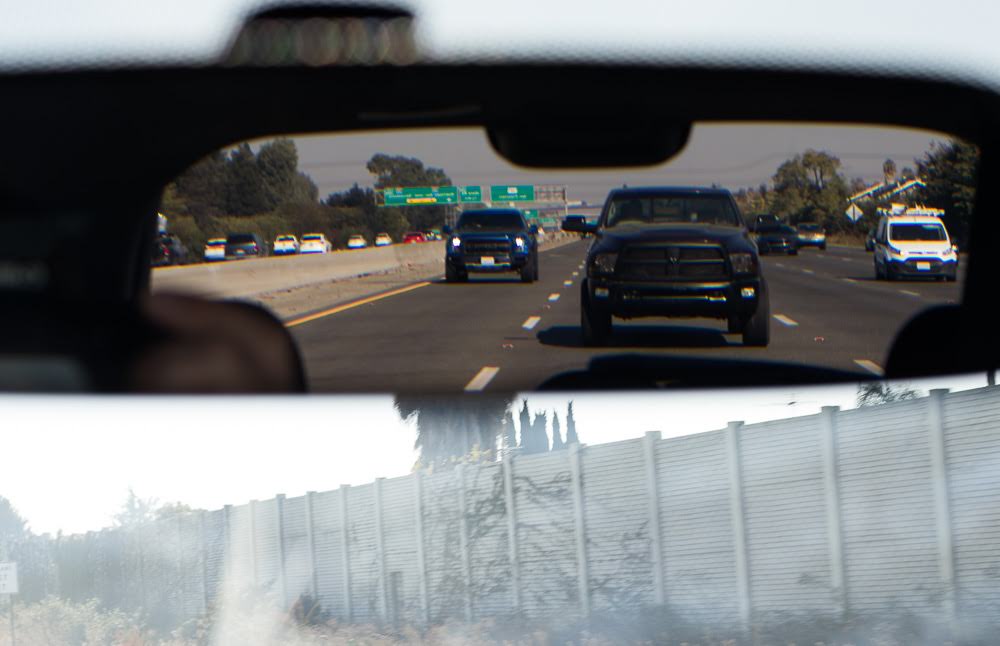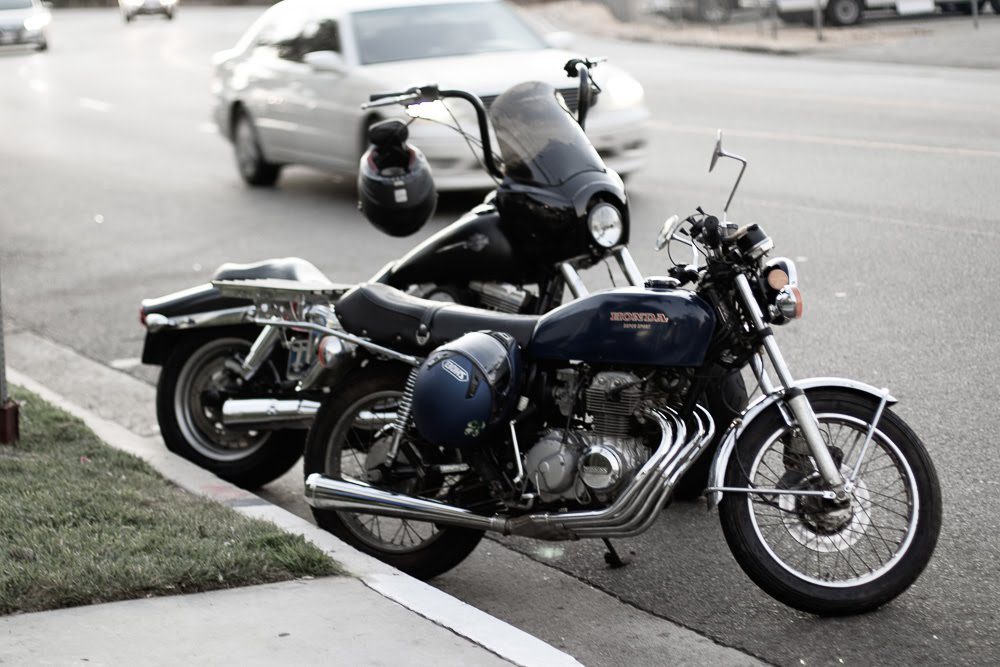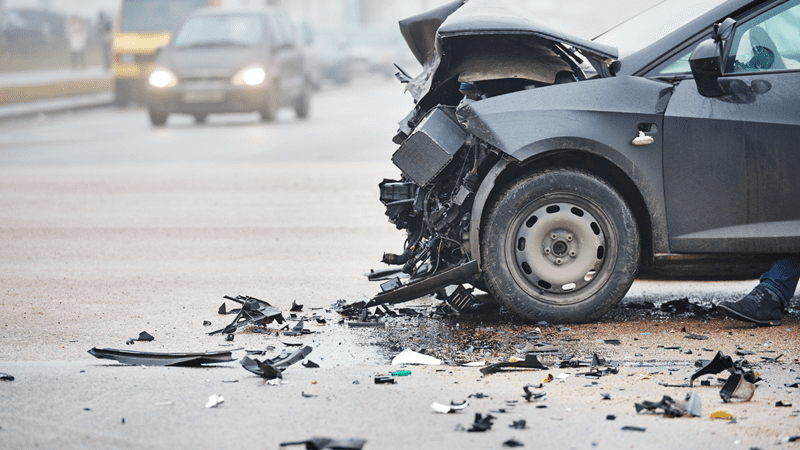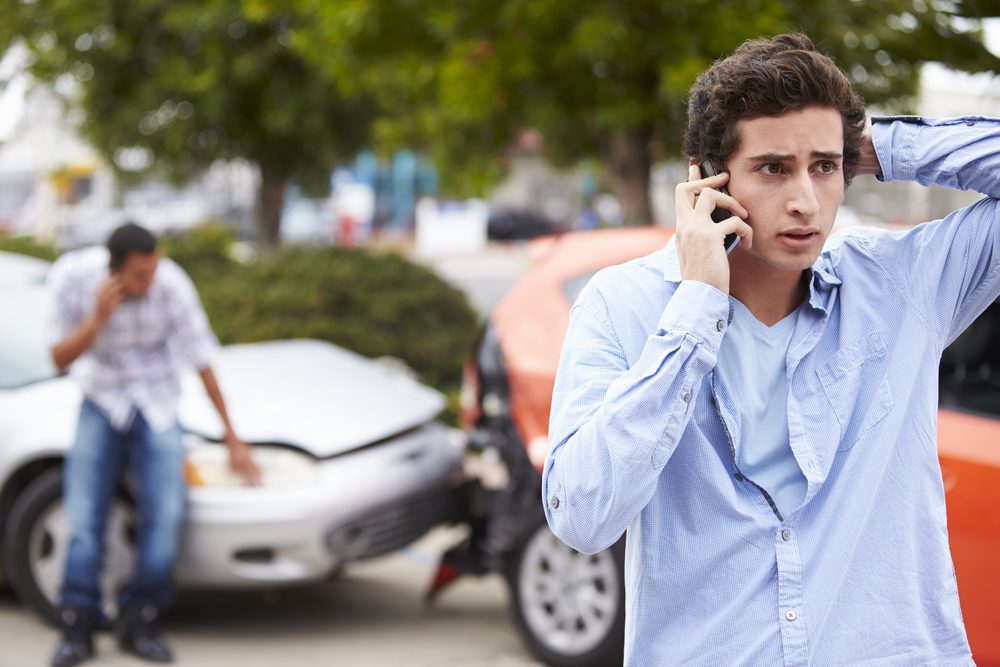California has the greatest population of any state in the United States, which undoubtedly contributes to the number of vehicle accidents that occur statewide. In addition, California is home to Los Angeles, the second-most populous city in the country. Owing to the large number of vehicles and drivers, it goes without saying that California is a collision hotspot on a national scale.
For instance, the California Highway Patrol estimates that over 150,000 vehicle wrecks yearly in the Golden State result in injuries, and 2,800 accidents result in fatalities.
And not surprisingly, California has one of the nation’s highest rates of traffic deaths, ranking amongst the top three states nationally in terms of traffic-related fatalities. For instance, about 3,260 drivers, passengers, and pedestrians were killed in 2020 alone. This number is second only to the roughly 3,900 deaths that occurred in Texas.
Even more tragically, researchers and traffic analysts say that the majority of deaths caused by automobile accidents could be avoided. From careless errors to speeding or reckless driving, motorists who don’t uphold their duty of care on our roadways often cause these serious accidents.
But no matter the cause of a collision, the advice in the aftermath is largely the same. So, what should you do after an accident in California? Read on to learn more and protect your legal rights in the event that you’re involved in a crash.
Handling the Aftermath of a California Car Accident
First, if someone was injured or killed, make sure to remain at the scene of the accident until authorities arrive unless you need immediate medical attention.
If you flee the scene of an accident in which someone was hurt, you might face charges of hit-and-run in California. Add a fine of up to $10,000 and up to one year in jail (more if the injury is serious or someone dies).
If it seems that the only harm sustained is property damage, you may leave the scene of the accident after identifying yourself with the persons involved. In California, failure to identify oneself still counts as a misdemeanor hit-and-run charge. Violators may face a $1,000 fine and/or up to six months of imprisonment.
Call the authorities if the other driver(s) involved has/have fled the scene. If law enforcement is able to find them, you may file a claim against their insurance provider. But, if you have uninsured/underinsured motorist coverage and/or comprehensive collision coverage, you may be able to claim damages from your own insurance if the driver at fault cannot be found or identified.
First Steps to Take After a Crash
As mentioned above, if you are hurt and require immediate medical assistance, do not wait for the police. Dial 911 or have someone else call for you. If someone else takes you to urgent care or a hospital’s emergency department, leave your contact information with the other driver(s) if feasible.
And if it is safe to do so, you are required to move your car to the shoulder or another safe area. Cars that are left in the roadway to hinder traffic are dangerous and can cause another accident.
Exchanging Contact Information at the Accident Scene
After you have moved the vehicles (if appropriate for your circumstances) and/or provided medical attention to the injured, document or photograph the following:
- The license plate numbers of all vehicles involved in the accident,
- The year, make, model, and color of the other vehicle(s) and, if possible, any Vehicle Identification Numbers (VIN). Due to California law on the aftermath of an accident, you will need this information to report the accident to the state’s DMV.
The VIN is often located on a driver’s insurance card and registration. You can also find the VIN on the driver’s side dashboard (where it meets the windshield) and inside the driver’s door (where the door latches when it is closed).
Still, ensure you confirm it firsthand, especially if the driver does not have insurance. If the other driver refuses to cooperate, you should not attempt to get the VIN from his or her vehicle and simply wait for authorities. Don’t approach or touch another driver’s vehicle without authorization after an accident.
Request the other motorist’s license, registration, and insurance. Whenever possible, photograph these documents. If not, jot down the information and various numbers. Regardless of who caused the collision, you must share contact information with the other driver.
Moreover, if possible, you should obtain the contact information of everyone else who was involved in the accident or any witnesses who saw it. If a law enforcement officer is dispatched, note the officer’s name. And upon request, you must present the police with your driver’s license, proof of insurance, and registration. Otherwise, you risk incurring citations and subsequent fines.
What Determines Accident Fault in California?
Arguably the most important thing to keep in mind after a crash: do not admit any guilt, even if you think the accident was your fault.
First, you might have the wrong idea about who caused the wreck. Alternatively, the other driver may also be liable under California’s “joint fault/pure comparative negligence” law. Or, it’s possible that bad road design, a poorly maintained highway, or the negligence of the vehicle manufacturer or service provider is at play.
Even a simple apology might be misconstrued by other drivers and police at the site of the incident, ultimately preventing you from collecting reimbursement via your insurance or the other driver’s insurer. You can ask whether the other driver is injured or needs medical assistance, but outside of that, keep communication straightforward and stick to asking for information or the details you need.
Contact Beckerman Anderson in Orange County
Car crashes that cause significant injuries are a common and tragic occurrence. Concerns concerning medical costs and financial assistance for loved ones throughout rehabilitation are left to the victims.
Fortunately, an Orange County firm focused on personal injury cases may provide invaluable insight into how to proceed following an accident and how to build a strong case. Our attorneys at Beckerman Anderson have extensive experience in auto accident cases, which have recently surpassed other forms of personal injury claims in frequency before the courts.
If you or a loved one has been in a car crash, you should consult with lawyers who focus on such situations as soon as possible to ensure that your rights are protected. You might be eligible for financial compensation to cover things like medical expenses, property damage, missed earnings, and emotional distress. Call 949-409-4242 to speak with one of our Orange County car accident lawyers and have your case evaluated at no cost to you.






